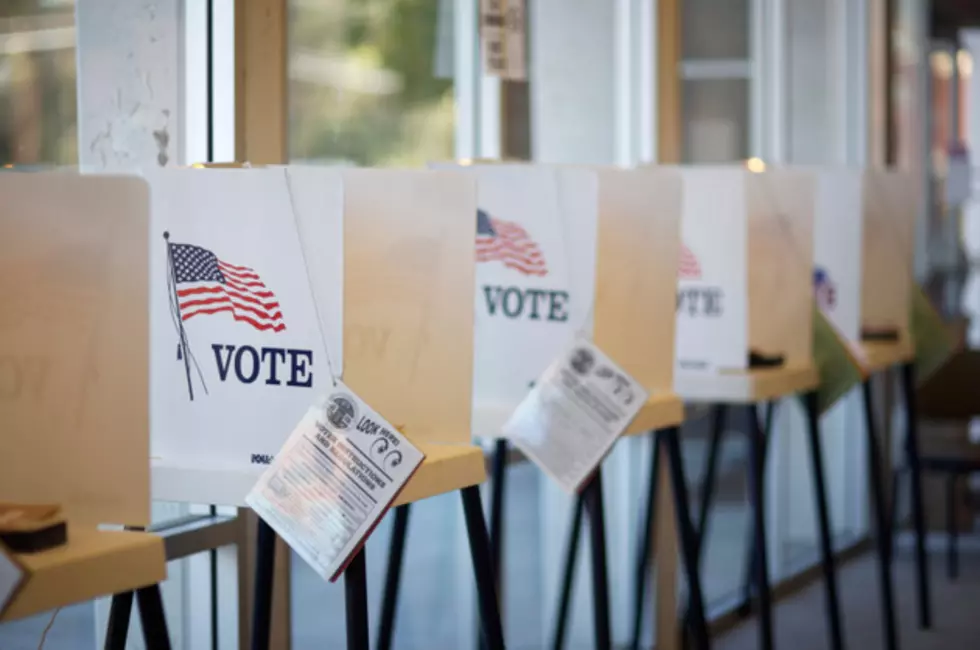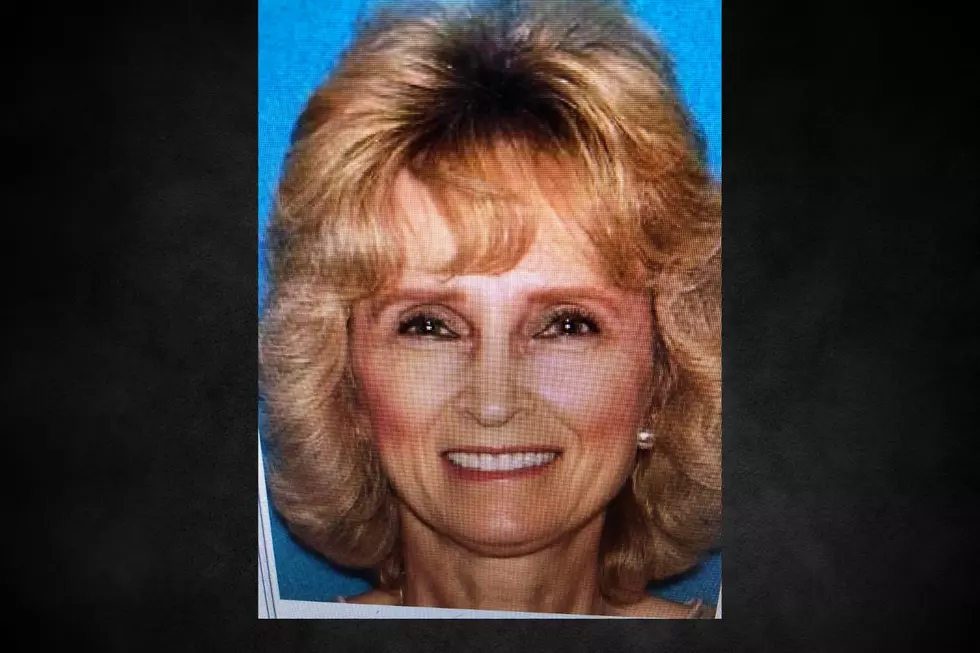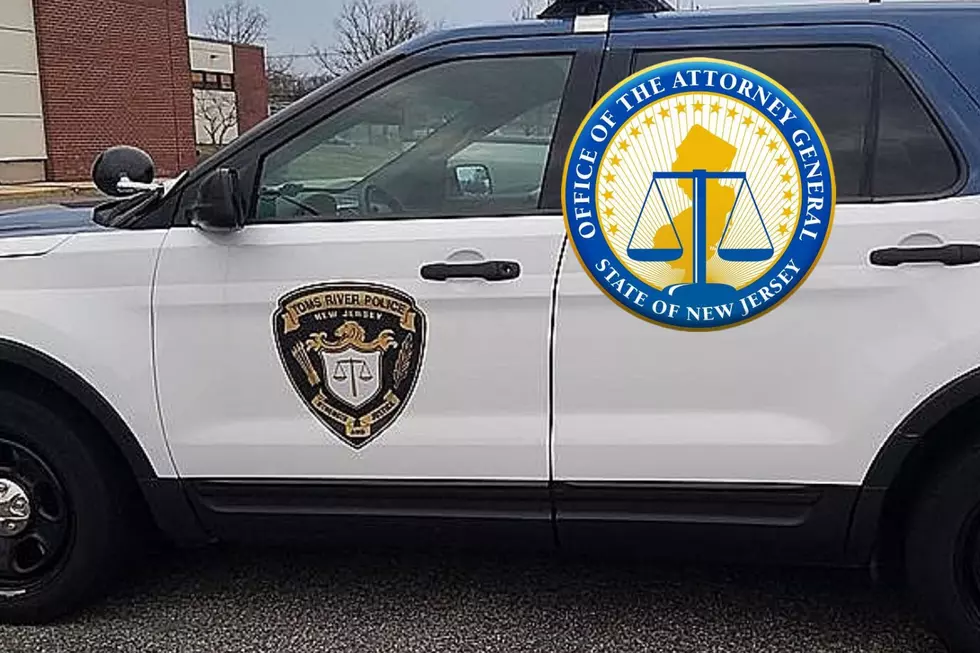
In NJ, dead people are getting vote-by-mail notices
Jean Chesney died in April 2014. She was laid to rest at the Hollywood Cemetery in Union Township.
But two weeks ago her family in Irvington got a letter from the Essex County Clerk's Office saying that she would be receiving a vote-by-mail ballot.
She wasn't the only one.
In Brick, Marilyn Morris opened a vote-by-mail letter from the Ocean County Clerk's Office addressed to her husband. He got one last year, too. He passed away in 2016.
Former Gov. Brendan Byrne once joked that he would have liked to be buried in Hudson County so that he could remain active in politics. But some people in New Jersey worry that the "dead" could be voting across the state.
"Somebody could take this and vote with it. And you don’t know how many more are going out," Morris said this week. "It's kind of scary."
As the November midterm election approaches, with Democrats trying to wrest control of Congress, county clerks and election boards in New Jersey have been scrambling to update their voter rolls.
It's a job that was made harder last month when Gov. Phil Murphy signed a law requiring that all voters who voted by mail in the 2016 presidential election be automatically provided a mail-in ballot this year unless they opt out. The law was part of a push by Democrats to expand voting, including by automatically registering people to vote at Motor Vehicle Commission, welfare and parole offices.
Election officials rushed to get out letters notifying these voters that they were on the list to receive mail-in ballots, and warning them that if they did not opt out they would not be able to vote on a machine if they show up in person at the polls on Election Day.
County officials said the adoption of the law in August gave them hardly any time to notify voters before the deadlines. Voters in Essex County, for example, received their letters three days before the deadline to opt out.
Essex County Clerk Christopher Durkin said that the rush to inform more than 16,000 mail-in voters is one reason why Joanne Gonzalez's dead mother received a letter. In 2013, her mother applied to receive mail-in ballots every general election. After she died in 2014, her name was removed from the voter rolls. But because the clerk's office used a mailing list that included Chesney based on her 2013 application, she got a letter, Durkin said.
Durkin said Chesney also got a letter in 2016, but never got a ballot for that. And she wouldn't be getting a ballot this year, anyway.
"This is just an unfortunate situation and circumstance. But she never got a ballot after the 2014 election," he said. "She was deleted."
Constantly updating
Durkin said dead names are constantly removed from the voter rolls. Election officials get daily updates of deaths from the Social Security Administration and of address changes through the Motor Vehicle Commission.
In Ocean County, it was not immediately clear why Morris's husband received a letter even though she had previously informed the county of his death.
Ocean County Election Assistant Supervisor Marie Peterson said that unless the board is notified of a death by another government agency, the board would need the family of the deceased to provide a copy of a death certificate — "not just word of mouth" — before removing that voter.
Gonzalez said it's "bizarre" that her mother should still receive election mail even though she's no longer a voter.
"If she’s dead she should be off the list. Anybody that’s dead that gets this in the mail now, there’s voter fraud because everybody is not honest. You could sign for whoever you want," she said.
"It made me so angry. If I received one how many other people in New Jersey received that?"
Real fraud in New Jersey
The idea that election results are being swayed by massive voter fraud has been an idea promulgated by President Donald Trump. But there's little evidence to back it.
In 2016, the Asbury Park Press found 2,460 dead people who were still registered to vote in New Jersey, and a few of them had voted 58 times between 2005 and 2015. The report, however, pointed out that many of those votes were likely honest mistakes — such as a child getting mixed up with a parent of the same name, or a voter signing the wrong line in the election book at the polls.
"I don’t really see that there is a systemic problem at all with voter fraud," said Durkin, explaining that a voter intending to vote fraudulently would have to forge a signature. All voter signatures are kept on file for comparison.
But election meddling is not unheard of in New Jersey.
Last week, the U.S. Attorney's office charged Lizaida Camis, 55, of Hoboken, with offering voters $50 in order to apply for and cast mail-in ballots in the November 2013 Hoboken municipal election.
State Sen. Sam Thompson, R-Middlesex, said he wants to increase criminal penalties for "extreme cases of voter fraud."
“Voter fraud is real, it is happening in New Jersey, and we have a duty to do everything in our power to protect the integrity of our electoral process," Thompson said this week.
His proposed legislation would create a second-degree offense of aggravated voter fraud for a person accused of offering bribes or other illegal influence for votes. Second-degree crimes carry sentences of five to 10 years in prison and a $150,000 fine.
“Mail-in ballots have always been easy-pickings for people who commit voter fraud, and the recent changes to election law have only made it worse," Thompson said. "Voters are more vulnerable now than ever before. Anyone who thinks that the Hudson County case is an anomaly is kidding themselves."
Also on New Jersey 101.5:
Sergio Bichao is deputy digital editor at New Jersey 101.5. Send him news tips: Call 609-359-5348 or email sergio.bichao@townsquaremedia.com.
More From New Jersey 101.5 FM









